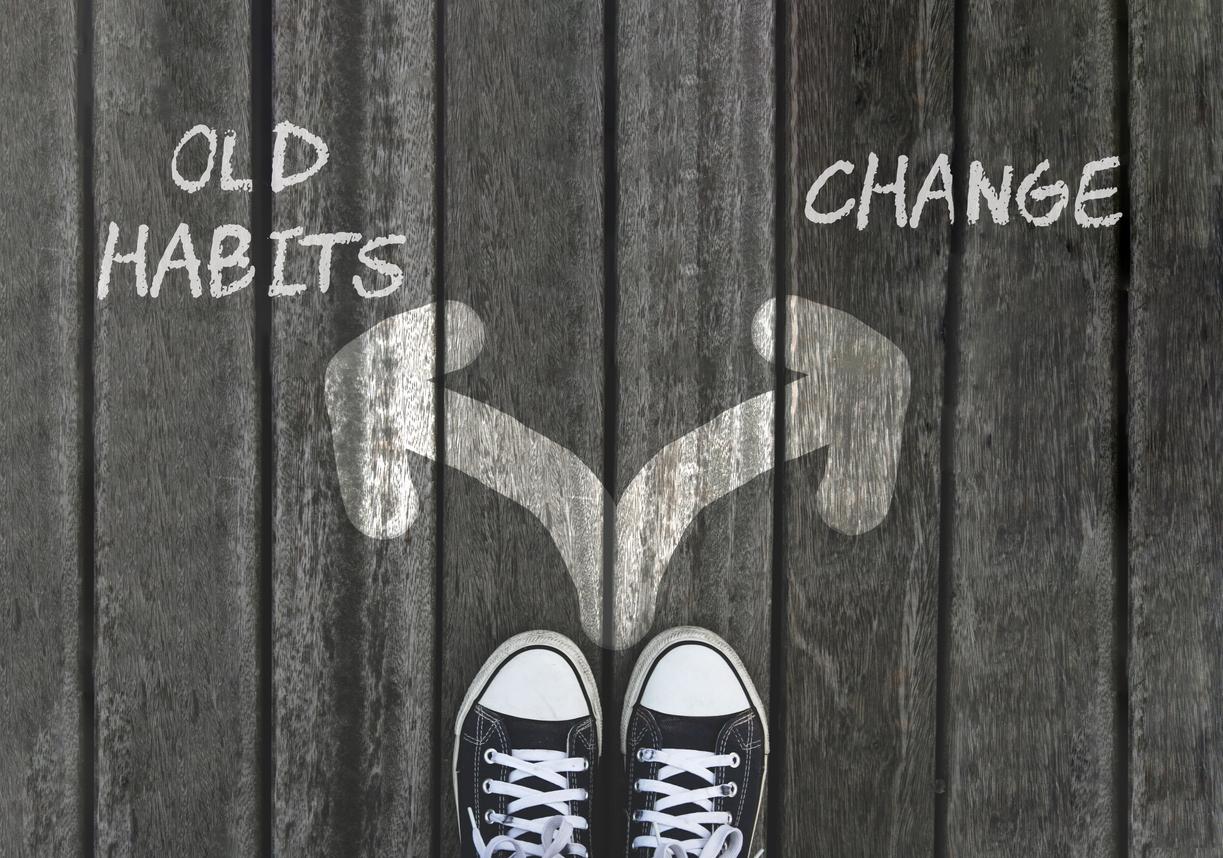The start of a new year is often synonymous with good resolutions. But it must be recognized: it is not easy to maintain them in the long term. Psychologist Johanna Rozenblum shares her tips for turning change into a good habit.

The arrival of a new year is very often accompanied by a lot of good resolutions. But few of them last beyond a few weeks. Psychologist Johanna Rozenblum, author of the book “Uncondition yourself” (Ed: Courrier du Livre), helps us understand the phenomenon and perpetuate our desire for change.
Why Doctor: Why do so many of us make New Year’s resolutions?
Johanna Rozenblum : We make resolutions at the start of the year, because this moment symbolizes renewal, conducive to introspection and change. It is a tradition rooted in history and cultures, reinforced by a human need for personal progression. Well thought out and realistic, good resolutions can motivate and structure our goals. However, if they are unrealistic or forced, they risk leading to failure.
Good resolutions: “The most difficult to keep are often those which involve profound and lasting changes”
What are the most common good resolutions? And the most difficult ones to overcome, in your opinion?
The most common resolutions revolve around personal improvement and well-being: exercise more, lose weight, eat better, quit smoking, save money, learn a new skill, spend more time in family or reduce stress.
The most difficult to maintain are often those that involve profound and lasting changes in habits, such as quitting smoking or transforming your lifestyle. This can be explained by the strength of routines, reduced motivation or poorly defined goals.
Change: “To succeed, you need realism, repetition and a progressive approach”
It seems that turning good resolutions into habits is difficult. How can we explain this high failure rate?
The failure rate of good resolutions can be explained by objectives that are often too ambitious or poorly defined, a lack of preparation and discipline, as well as the difficulty in maintaining motivation over the long term.
Psychologically, the brain favors the comfort of existing habits and resists change, perceived as a significant energy expenditure. The absence of quick results or positive reinforcement amplifies this mechanism, leading to abandonment. To succeed, you need realism, repetition and a progressive approach that values small victories while working on managing your thoughts and your tolerance for effort.
“Being lenient with yourself in times of difficulty allows you to maintain a positive state of mind”
What are your tips for keeping your 2025 resolutions?
To keep your good resolutions, it is important to set clear, realistic and measurable objectives, linking them to deep motivations. You must integrate these changes gradually into your routine, focusing on one resolution at a time to avoid dispersion.
Regular repetition helps ingrain new habits, and celebrating every little bit of progress is essential to maintaining motivation.
Being kind to yourself in times of difficulty allows you to maintain a positive state of mind and persevere despite obstacles. Finally, sharing your goals with a loved one or using tracking tools can strengthen commitment.
Consulting a psychologist can also be an excellent “monitoring tool”, especially for resolutions involving profound changes such as better managing your emotions, improving your self-confidence or stopping an addiction. A psychologist helps identify unconscious obstacles, understand the mechanisms of resistance to change and develop appropriate strategies to keep commitments. It also offers emotional support and a form of accountability. Which can strengthen perseverance and motivation over time.
Good resolution in a group: “It is important to respect everyone’s limits and progress”
Sometimes friends or couples decide to make the same resolution – like quitting smoking or getting back into exercise – in the hope of motivating each other together. Is this a good idea? What to watch out for if you do this?
Making a good resolution as a group can be very effective, as it creates mutual support, collective motivation and a sense of shared responsibility. Engaging with a loved one or a group strengthens commitment, reduces the risk of abandonment and makes the experience more pleasant thanks to the social dimension. It also allows us to share advice, celebrate progress together and support each other in times of difficulty.
However, there are some things to watch out for. Expectations and rhythms may differ between group members. Which can create tension or demotivate. It is important to respect each other’s limits and journey, without comparing excessively or imposing unnecessary pressure. Finally, commitment should not depend solely on others, because each person remains responsible for their own approach.
















